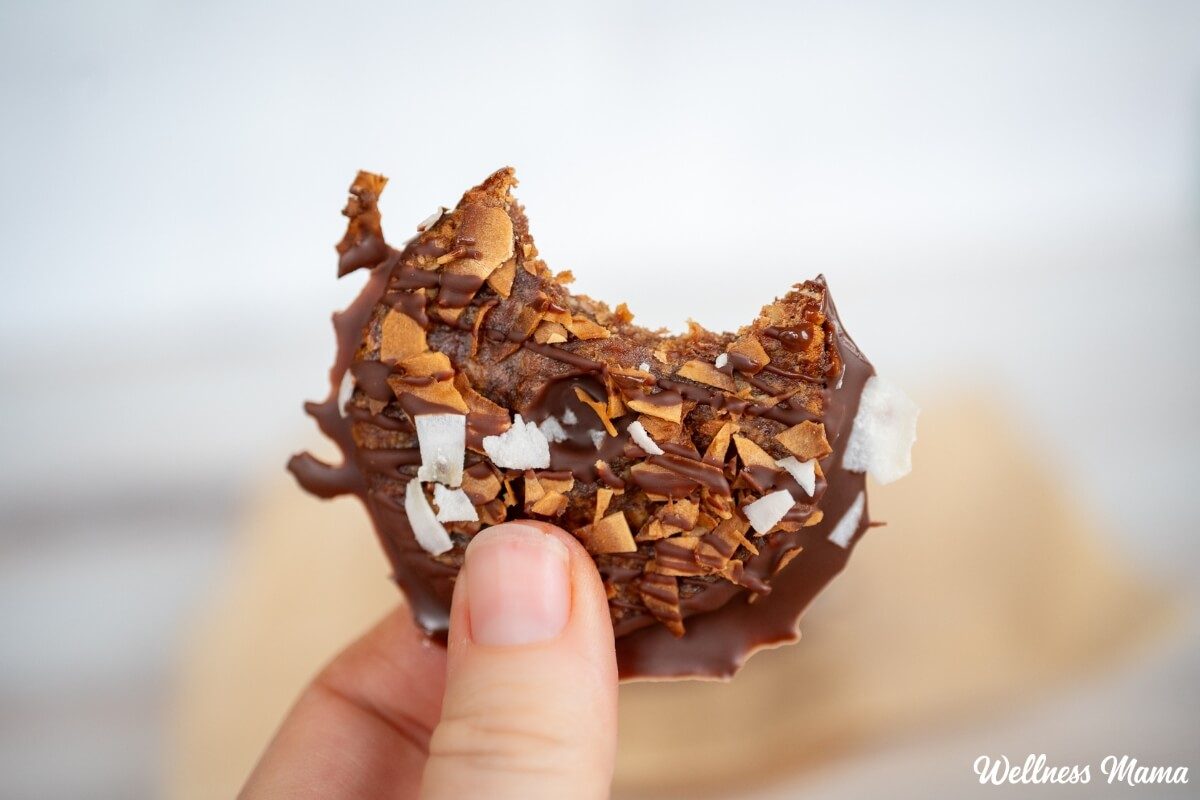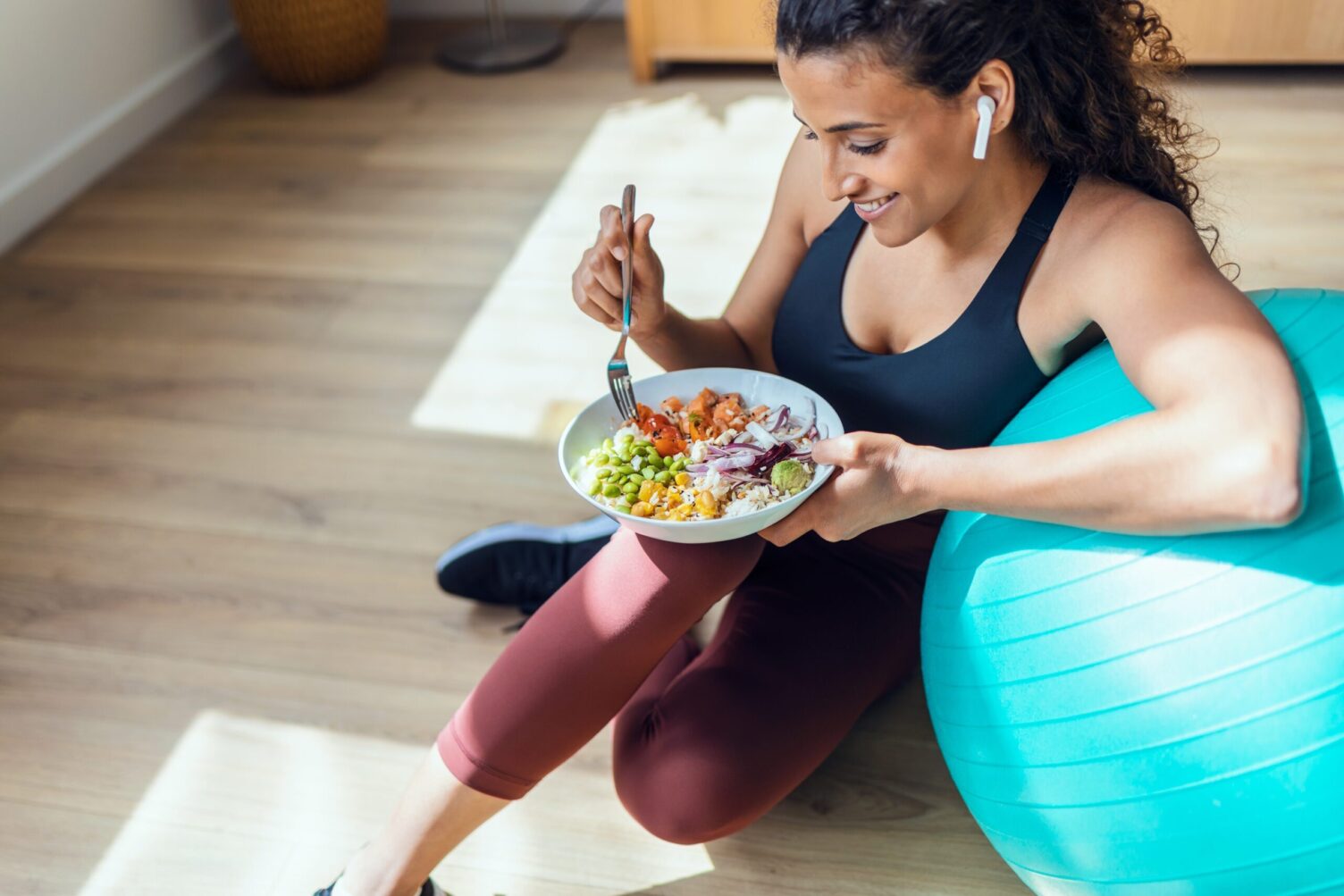 Author: Jamie SchneiderJune 30, 2023
Author: Jamie SchneiderJune 30, 2023 Beauty & Health EditorBy Jamie SchneiderBeauty & Health EditorJamie Schneider is the Beauty & Wellness Editor at mindbodygreen. She has a B.A. in Organizational Studies and English from the University of Michigan, and her work has appeared in Coveteur, The Chill Times, and Wyld Skincare.Image by Gillian Vann / StocksyJune 30, 2023Our editors have independently chosen the products listed on this page. If you purchase something mentioned in this article, we may earn a small commission.
Beauty & Health EditorBy Jamie SchneiderBeauty & Health EditorJamie Schneider is the Beauty & Wellness Editor at mindbodygreen. She has a B.A. in Organizational Studies and English from the University of Michigan, and her work has appeared in Coveteur, The Chill Times, and Wyld Skincare.Image by Gillian Vann / StocksyJune 30, 2023Our editors have independently chosen the products listed on this page. If you purchase something mentioned in this article, we may earn a small commission.You’re not imagining it: It feels like everyone has IBS right now. Recent statistics estimate that about 5-10% of the world's population suffers from the gut condition, and that number seems to be rising steadily—so much so, that "Hot girls with IBS" has become its own viral TikTok trend.
If you are struggling with the condition—or gut dysfunction in general, which most doctors say is pretty universal—regenerative medicine expert Matt Cook, M.D., founder of BioReset Medical, is here to help.
Advertisement
This ad is displayed using third party content and we do not control its accessibility features.On the mindbodygreen podcast, Cook shares his must-have lifestyle tips for those dealing with gut discomfort. Worth a shot, no?
1.Consume probiotics
“Get some prebiotics and probiotics,” says Cook. “That is going to make the bacteria that you have a little bit healthier.”
Probiotics, in particular, are key for maintaining the gut microbiome; these friendly gut bugs are found in fermented foods like yogurt, kefir, sauerkraut, kimchi, and tempeh, but you can also find them as supplements.
What supplements are right for you? Take our 90-second quiz
Take Quiz Take Quiz
Take Quiz“I use some spore-based probiotics,” Cook says (which some people with gut dysbiosis find more tolerable). “I use some actual probiotics,” he adds. “I use four or five different ones, and I'm always cycling through them.”
If you are seeking out a supplement, just make sure to find a strain or strains that have been shown to support your specific needs.
For example, Lactobacillus rhamnosus GG, Lactobacillus acidophilus, Lactobacillus bulgaricus, and Saccharomyces boulardiihave been shown to help with regularity1; whereas Lactobacillus acidophilus and Bifidobacterium lactis are great for bloat2.
Feel free to scroll through the best probiotic supplements for your gut here.
Advertisement
This ad is displayed using third party content and we do not control its accessibility features.2.Look out for oxalates
Oxalates are naturally present in many plant foods, like spinach, beets, and black beans. But in high amounts, these oxalates can lead to issues like kidney stones, inflammation, and joint pain.
“Oxalates get absorbed into your intestines, and then they can crystallize out in blood vessels, around your valves, and in joints,” says Cook. That process can also cause gut discomfort for some—and if you already have poor gut health, you might be more sensitive to high-oxalate foods.
“I tell people [to generally] avoid spinach and Swiss chard. Those are the big ones,” says Cook. Of course, these are very healthy leafy greens, so if you don’t have a problem with oxalates, carry on eating! But if you notice any discomfort when you eat these food items, those oxalates may be to blame.
3.Try time-restricted eating
Finally, “Eat in a time-restricted window,” advises Cook. “I encourage people to try that and experience what it's like.”
It’s not right for everyone, but research shows those with irritable bowel syndrome may benefit: One study on IBS patients found fasting can be an effective way to ease symptoms like diarrhea and abdominal pain; another study found that a fasting mimicking diet helped reduce inflammation and completely reversed some irritable bowel disease symptoms3.
Even if you can’t commit to a standard time-restricted eating plan, you might want to try to avoid eating late at night. Studies4 show reducing or eliminating nighttime eating and prolonging nightly fasting intervals can improve various health parameters, including your gut microbiome.
Not sure which time-restricted eating plan is best suited for you? See here all the types of fasting.
Advertisement
This ad is displayed using third party content and we do not control its accessibility features.The takeaway
Cook is a regenerative medicine doctor who focuses on cutting-edge biohacking tools and treatments—but when it comes to optimizing your gut microbiome, lifestyle interventions are key. So try to keep your gut health in check with his tips above, and perhaps follow a specific gut-supporting diet, too.
What supplements are right for you? Take our 90-second quiz
Take Quiz Take QuizWant to turn your passion for wellbeing into a fulfilling career? Become a Certified Health Coach! Learn more here.
Take QuizWant to turn your passion for wellbeing into a fulfilling career? Become a Certified Health Coach! Learn more here.Advertisement
This ad is displayed using third party content and we do not control its accessibility features. Jamie SchneiderBeauty & Health Editor
Jamie SchneiderBeauty & Health EditorJamie Schneider is the Beauty & Wellness Editor at mindbodygreen. She has a B.A. in Organizational Studies and English from the University of Michigan, and her work has appeared in Coveteur, The Chill Times, and Wyld Skincare. In her role at mbg, she reports on everything from the top beauty industry trends, to the gut-skin connection and the microbiome, to the latest expert makeup hacks. She currently lives in New York City.
4 Sources
- https://pubmed.ncbi.nlm.nih.gov/16728323/
- https://www.ncbi.nlm.nih.gov/pubmed/21436726
- https://www.cell.com/cell-reports/fulltext/S2211-1247(19)30181-0
- https://www.ncbi.nlm.nih.gov/pubmed/28715993











